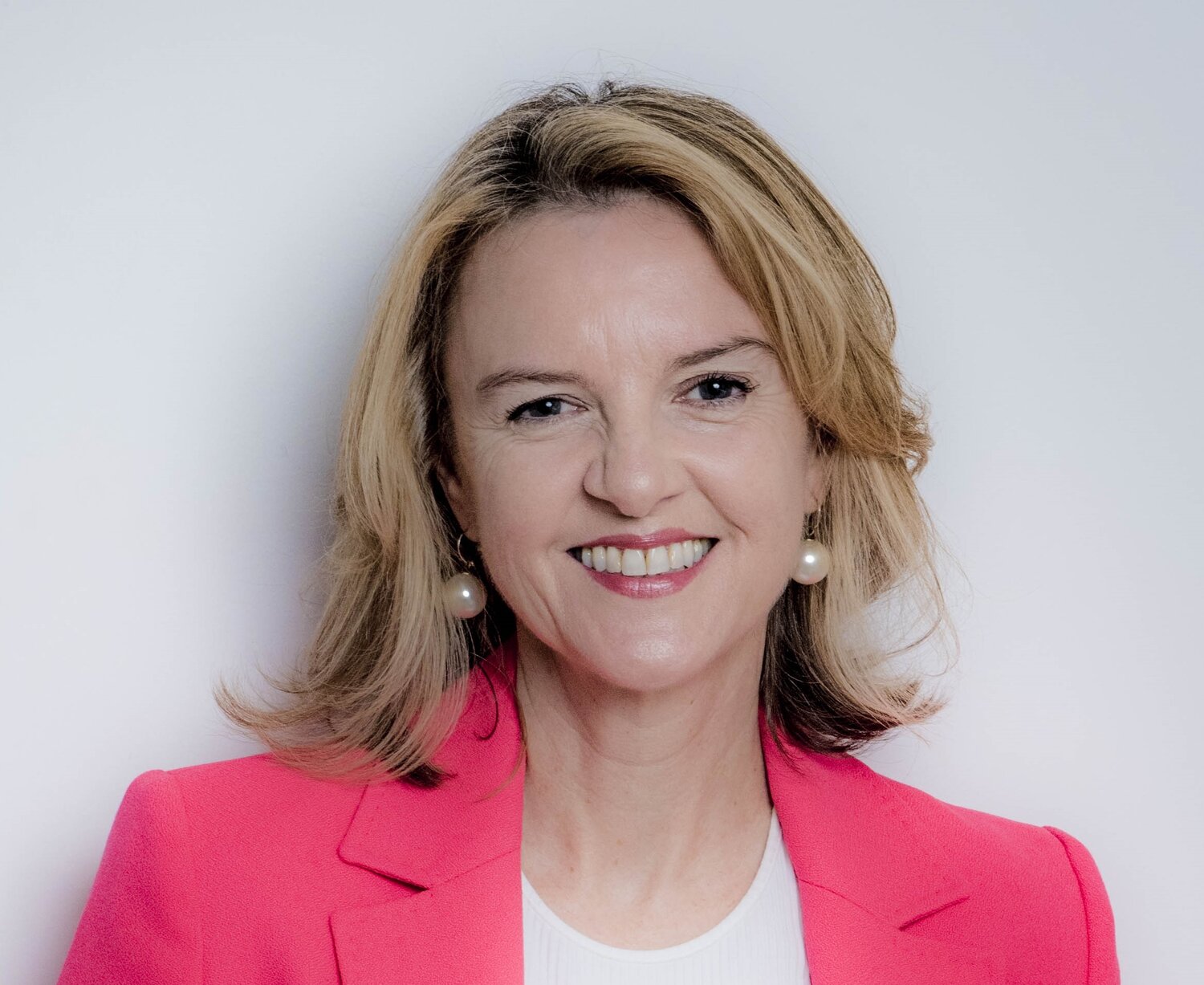As the Cornell Executive MBA/MS in Healthcare Leadership program enters its fifth year, we are proud to introduce a new healthcare leadership sequence to the curriculum. Beginning midway through the students’ first year, the sequence kicks off with “Healthcare Leadership,” followed by “Healthcare Innovation & Transformation,” and culminates with the capstone project. Dr. Geraldine McGinty, program faculty and chief strategy officer of the Weill Cornell Medicine Physician Organization, discusses the program’s evolution, the student learning arc, and the core values shared by effective leaders across industries, especially in the face of a pandemic.

Dr. Geraldine McGinty
Tell us about the healthcare leadership sequence.
This sequence focuses on personal leadership development. In the first course, students are digging into their own values and competencies as well as identifying where they need to build teams around them to amplify their strengths and complement areas where they are not as strong. The second course is more about leading and transforming in their own organization. Finally, in the capstone project, student teams are acting as consultants, leveraging their personal leadership abilities and using them to influence another organization at scale.
How is this sequence different from its previous iteration?
First of all, I'm stepping into some very big shoes. Dr. Beta Mannix who taught this course up until now is an absolutely phenomenal educator. What we wanted to do, as the program has matured, is really think about the values that we're looking for in healthcare leaders. That's not to say that healthcare is unique. There are certainly leadership traits that are valuable across the entire spectrum of industries and sectors. But after the year that we've gone through, we asked ourselves what are the values and competencies that really differentiated effective leaders?
How are you injecting your personal experience into the courses?
This past year, people's leadership skills were tested in an unprecedented way. When you stress a system, you start to differentiate those leaders who are effective and identify where others are struggling. I believe strong organizations have a strong sense of mission and for healthcare organizations that mission will be most successfully executed through a shared set of values. In my research I have sought to understand what that value set looks like for the leaders in the Weill Cornell Medicine/NewYork-Presbyterian ecosystem, and I’m using those shared values to inform the curriculum.
What do you hope the students take away from this new curriculum?
We really want our students to feel like their learning journey traces a coherent arc where each course builds on the prior experiences. Students should feel they are growing in leadership over the course of the program.
More than ever, we are critically examining what it means to be an effective healthcare leader. Healthcare has traditionally been quite hierarchical, especially on the delivery side. We’re actively trying to move toward a more team-based approach and to ensure that those teams are diverse. We need to be intentional about inclusion and empowerment of diverse perspectives which requires empathy and understanding of the lived experiences that team members bring to the discussion. During the events of the past year, both the pandemic and the social justice protests, we saw how important it was to create a work culture that both recognized what our teams were experiencing outside of the organization and also enabled them to do their best work. We have also learned invaluable lessons during the pandemic about the importance of effective communication and the dangers of a lack of transparency. Being able to make decisions in the face of incomplete information and communicate through uncertainty when things are rapidly evolving is the mark of a truly effective leader.
The Cornell Executive MBA/MS in Healthcare Leadership program is a dual-degree program created by two powerhouses in graduate education—the Samuel Curtis Johnson Graduate School of Management and the Weill Cornell Graduate School of Medical Sciences— that focuses on building general management skills and developing a deeper understanding of the healthcare industry. Learn more about the program here.
- Highlights

